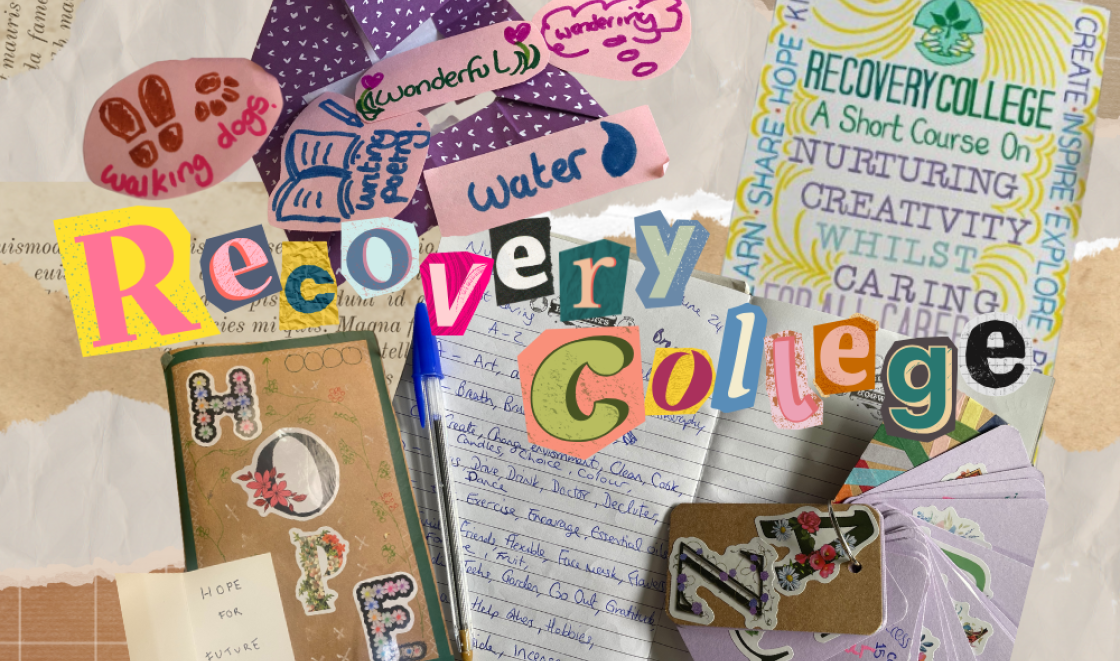Lana Samuels: “As carers we worked in collaboration to design a course that we agreed was of interest to us, that we wanted to empower carers through creativity. The research project and process involved all our personal reflections to ensure it would be fit for purpose.”
Can you tell us a bit about how you and others worked together on this project – what was the process like?
Lana Samuels: “A few of us had worked together in the past, so it was quite an easy transition to read the virtual room and share our ideas with ease. Mutual respect was evident in all our meetings - we all wanted to contribute, so we worked to stay on the same page, so to speak.
Focus and enthusiasm helped shape our project to become a reality, which we all hoped would be appreciated and beneficial for those who attended the course. We also prepared for feedback so we could know if the project lived up to expectations or not to ensure learning was captured for moving forward.”
Bryher: “In our first few meetings it was difficult to make decisions, and we were pretty much starting with a blank slate. I learnt a lot about navigating relationships and power dynamics during this process. We all had different roles and experiences (carers, recovery college staff, charity representatives and researchers), and we facilitated the group in a way that everyone could contribute and ask questions, so it took a long time.
But with much ongoing summarising, listening and communication in between meetings, we came to shared understandings of what we wanted to achieve. In the end, our diverse strengths and resources brought great creativity, coming up with a new and unique idea.”
